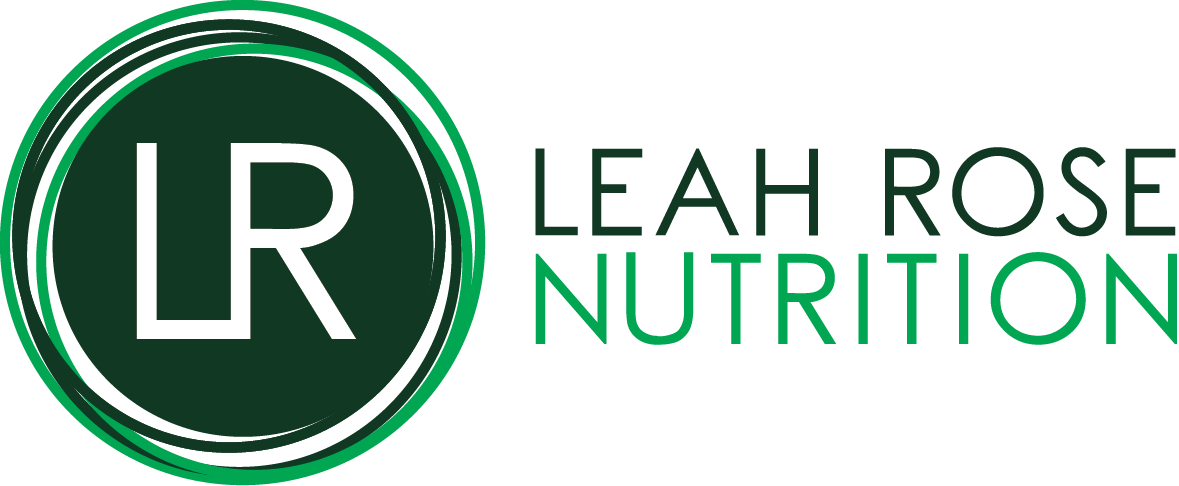“Why aren’t all women who don’t take HRT screened for osteoporosis?”
Wendy sits in front of me in my consulting room, her eyes shining with a steely determination, asking the question we all want answers to. She had an expression on her face that I recognised only too well - from my own experience and from countless similar conversations.
Wendy had come to see me for help with losing weight not to find out about bone density, but I’d asked her to request a scan from her GP based on the things we’d discussed in her consultation.
She was 58 and had never needed or wanted to take HRT; She didn’t supplement vitamin D; Her dietary intake of protein and calcium rich foods was on the low side; And, looking back, she remembered her mum suffering a fracture one day, after a fall.
Wendy’s GP agreed to the scan – thank you to them – and the result came back as osteopenia (as it so often does).
This may sound crazy but there’s little that lights me up more than hearing a woman tell me we’ve picked up her osteopenia while she’s still got time to do something about it; before it’s osteoporosis.
Don’t get me wrong, I’m not celebrating osteopenia or wishing it on anyone. I’m celebrating the chance that that woman now has to reverse or at least halt osteopenia and avoid osteoporosis. Information - a chance that she wouldn’t otherwise have had -That’s massive. Osteopenia means low bone density, or ‘brittle bones’, and is a painful and debilitating condition that can develop with age, as bone density declines.
Declining bone density is more prevalent in women than men - thought probably to be in part due to the drop in oestrogen experienced with menopause. However, it’s not routinely scanned for in women who don’t take HRT.
Often, women opt not to take HRT without any knowledge of the role of oestrogen in bone health; and to my mind, that’s a conversation that needs to be had.
You see, it happened to me. I experienced early menopause and I had a bone density scan that picked up osteopenia when I was 37. That’s young. I had low oestrogen, and my mum has osteoporosis. It marked a turning point that resulted in me spending a large amount of time in the gym and learning everything I could about nutrition in an attempt to reverse it, which fortunately for me, I did.
I now look out for signs in women that might suggest they should get their bone density checked as a matter of course - because of what I’ve learned and because of what I’ve experienced. I help women to understand why they might want to get it checked, and how to have that conversation confidently with their GP.
To catch osteopenia and be able to turn it around is a gift. Even if it’s too late to reverse it at the very least by detecting it you stand a better chance of being able to take steps to protect yourself.
If you’d like to understand more about this please get in touch.
And if you think this article could help someone, please share it.
This article is information only, not medical advice. Please contact your doctor for medical advice. Wendy is not a real person, she’s based on the persona of many of my clients.
